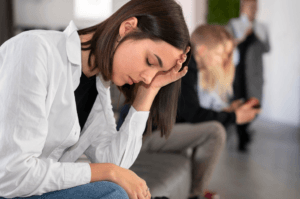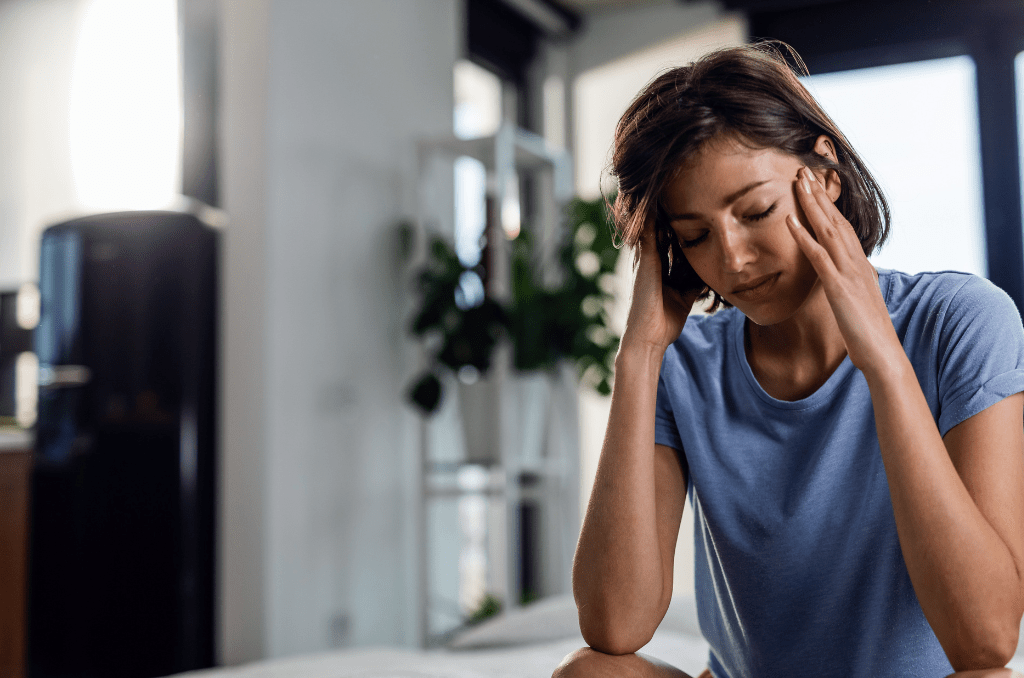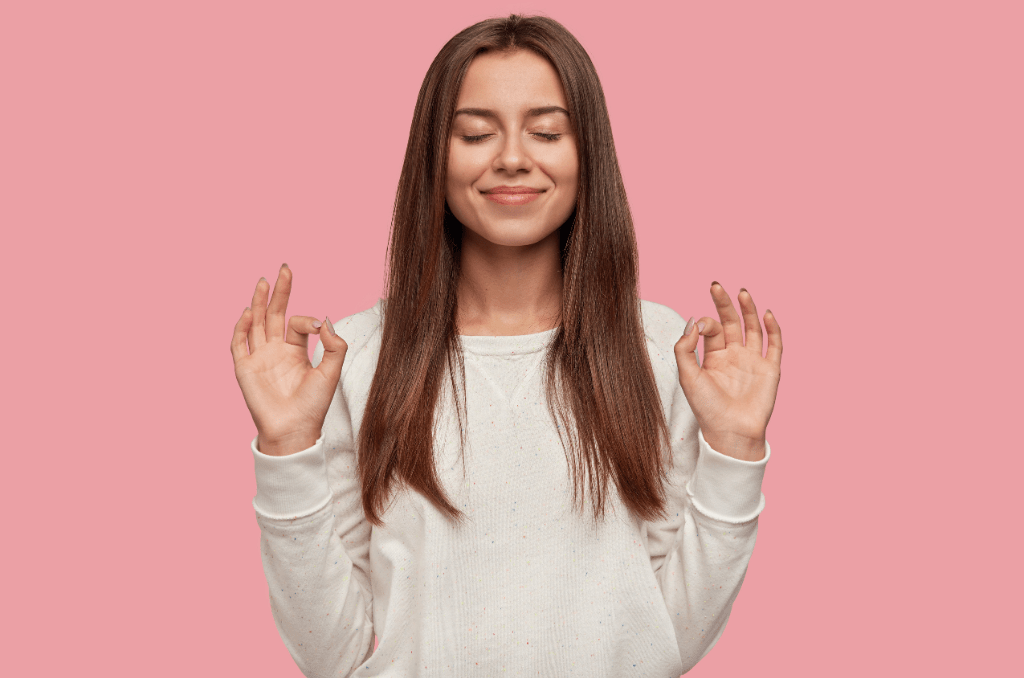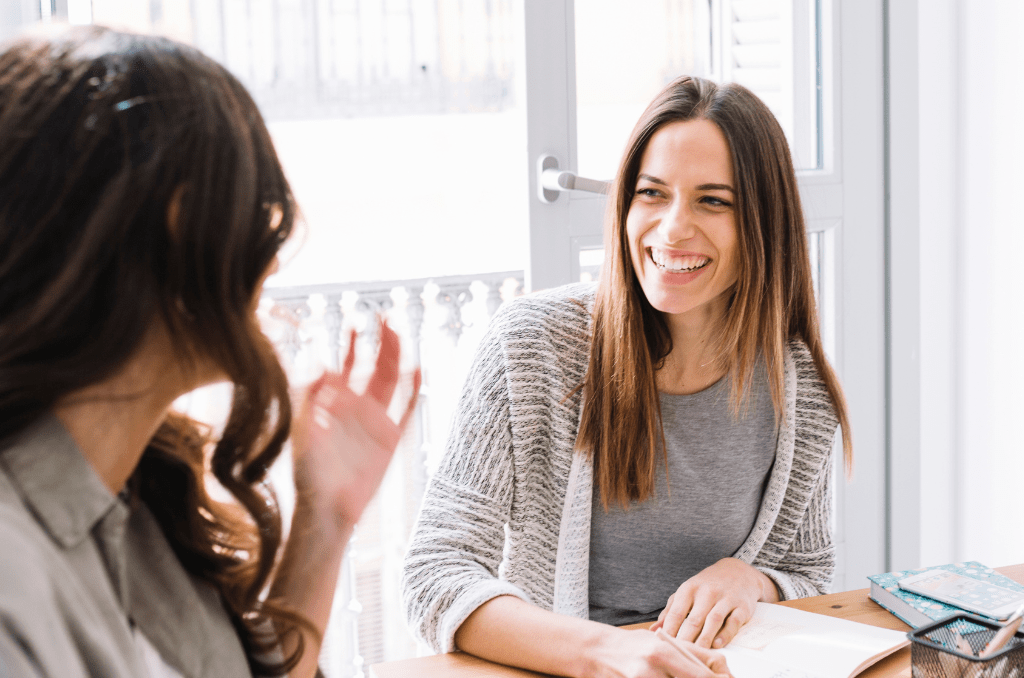How to deal with Anxiety?
In the modern world, Anxiety is a very common mental health condition that affects people of all ages, backgrounds, and walks of life. The causes and factors that contribute to this issue are different and can include many internal and personal circumstances but also external situations that go far beyond any individual problem, for instance, the COVID-19 pandemic.
What is Anxiety and what are its main symptoms?
Anxiety is a natural and adaptive response that our bodies have to stress or when we perceive threats. It’s a complex emotion that can manifest both physically and mentally, and it serves an essential purpose in our lives.
Its main sensation is often a feeling of unease, worry, or fear about future events, situations, or outcomes. While it is a normal part of the human experience, it can become problematic when it is excessive, chronic, or interferes with daily functioning.
Their main symptoms can often involve:
-
Physical sensations:
Such as:
- Increased heart rate
- Muscle tension
- Shallow breathing
- Sweating
- Trembling
- Digestive discomfort.
These physical symptoms often occur as a part of the very common body’s “fight or flight” response, preparing it to deal with a perceived threat.
-
Emotional:
- Feelings of apprehension,
- Fear, or nervousness.
- A sense of impending doom or danger even when there isn’t any.
-
Cognitive:
- Excessive worry about potential future events or situations
- Difficulty concentrating
- A sense of dread.
- Avoidance behaviors
Different Types of Anxiety
If you suffer from this problem, you should know that there exist different types of Anxiety which can take many forms, and are categorized into different names or styles to treat them better. The more common nowadays are:
-
Generalized Anxiety (GAD):
Wichi is characterized by excessive and chronic worry about a wide range of everyday events and situations. People with GAD often have physical symptoms like muscle tension, restlessness, and difficulty concentrating.
-
Social Anxiety:
This case involves intense fear and avoidance of social situations due to concerns about being judged, embarrassed, or humiliated. Individuals with social anxiety may avoid parties, public speaking, or other social interactions.

Most Common Causes of Anxiety
The causes of anxiety can be numerous and quite varied, but the most common ones, brought about by the way we live today, are:
Stressful Lifestyle
Life today is very demanding, and work pressure, financial concerns, and social expectations can contribute to heightened stress levels, which often lead to anxiety.
Information Overload
Another common cause in today’s world is the constant exposure to information and communication through digital devices. Although this has its positive aspects, it can also lead to information overload and a sense of being constantly “plugged in,” which can exacerbate anxiety.
Some social conditions or environmental Factors
Isolation and loneliness, for instance, can affect our mental health and create or exacerbate anxiety. Societal pressures, and general issues as well, such as pollution and climate change, can have the same effect.
Financial Uncertainty
Economic instability, job insecurity, and financial worries can be significant sources of anxiety for many individuals.
Post-Pandemic fears
Symptoms of anxiety and depression increased during the pandemic in 2019. The COVID-19 pandemic has had a significant impact on mental health worldwide due to Isolation, health concerns, economic instability, and disruptions to daily life have exacerbated anxiety for many.
How to deal with Anxiety Symptoms: Self-Care Strategies
You must know that anxiety can be treated and managed with personal awareness, coaching, therapy, and lifestyle changes.
We’ll give you below several effective strategies you can use to manage and alleviate your anxiety. Remember, it’s a very common condition, and by calming your nervous system you can correctly manage it.
Key steps to help you cope with anxiety symptoms:
-
Deep breathing exercises and mindfulness meditation:
These are great tools to manage anxiety since they target the physiological and psychological aspects of anxiety, providing effective ways to reduce its intensity and impact. The objective is to calm the nervous system. Inhale deeply through your nose for a count of four, hold for a count of four, and exhale slowly through your mouth for a count of four.
-
Physical activity:
Regular exercise has a positive impact on both the body and the mind. It triggers the release of endorphins, which are natural mood lifters. These chemicals promote feelings of well-being and reduce stress. Also, it improves your sleep quality and boosts your self-esteem and self-confidence.
-
Healthy eating habits:
This is also very important because the foods we consume play a role in regulating our mood, energy levels, and resilience to stress. A diet rich in essential nutrients, such as vitamins, minerals, and antioxidants, supports brain function and overall mental health. Nutrient deficiencies can contribute to symptoms of anxiety. Considering also limiting caffeine and alcohol intake.
-
Consistent sleep Schedule:
Disrupted or irregular sleep patterns can lead to dysregulation of stress hormones, such as cortisol. Elevated cortisol levels can contribute to increased anxiety and exacerbate the body’s stress response.
-
Journaling:
This can offer you a structured and therapeutic way to express thoughts and emotions, gain insight into stressors, and develop effective coping strategies. Also, it will encourage self-reflection and self-awareness. By putting thoughts and experiences into words, individuals can gain a deeper understanding of their feelings, triggers, and reactions to stressors.
-
Having a strong support network:
Friends, family members, and support network members can provide emotional validation, acknowledging that your feelings of anxiety are real and understandable. This validation can help reduce feelings of isolation and self-doubt. They also can give you new and different perspectives on your problems.
-
Other stress reduction techniques:
Such as Yoga, since it combines physical postures, controlled breathing, and meditation techniques to reduce stress. Or aromatherapy, which involves using essential oils or scented products to promote relaxation. Certain scents, like lavender and chamomile, are known for their calming effects. Aromatherapy
-
Positive affirmations:
Affirmations can help you shift negative thought patterns, promote self-compassion, and improve your mental health. This helps you to be more resilient, believe in yourself, and boost your self-esteem.
Keep in mind that experiencing occasional anxiety is a normal part of life. However, when anxiety becomes chronic, intense, or interferes with daily functioning, it may be classified as an anxiety disorder.
Seeking professional help to treat it and not feel shame in opening up.
If you are struggling with anxiety, it’s important to reach out to professionals for support and guidance.
Get a Free Life Coaching session Today!
Read more articles about this topic Here!





